Waking to explosions. The scramble to find a passport. A harrowing train ride sheathed in darkness to evade Russian forces. Hope for a “warm corner” to shelter in. Each refugee’s story is filled with grief and a striking communality—a shared distress perhaps inescapable when more than a million people are forced to flee their homes and face harsh realities at eastern European borders over the span of a few days.
One refugee, snarled for two of those days in a quiet panic of cars inching toward the Polish border city of Przemyśl, was Irina Lopuga. She and her husband had ample time to talk, no longer about dreams to buy their own home or tour Egypt but about survival. “We talked about the whole world turning upside down.”
Once they reached the border, it was time to part. Ukrainian men ages 18 to 60 have been ordered to stay home and aid the resistance, flanked by women picking up weapons for the first time and small armies of civilians cooking up dumplings—and Molotov cocktails. Her husband would help his church prepare for evacuees from Kyiv. Just before he left, she says, “he turned around and burst into tears.”
Then she, the children, their dog—all ran.
They’re now a small part of one of the largest waves of refugees in decades trying to find their own warm corner in a Europe outraged and on edge. Fearful for their own security, Europeans have been welcoming of the individuals making up this exhausted exodus, some of them international visitors to Ukraine, some of them survivors of years-long conflicts with Russian-backed separatists in the east, and most of them broken families with, so far, unbroken spirits.
It’s very hard to have your husband stay home. You have to choose. Save the kids or stay with him.Nelya Tkachenko
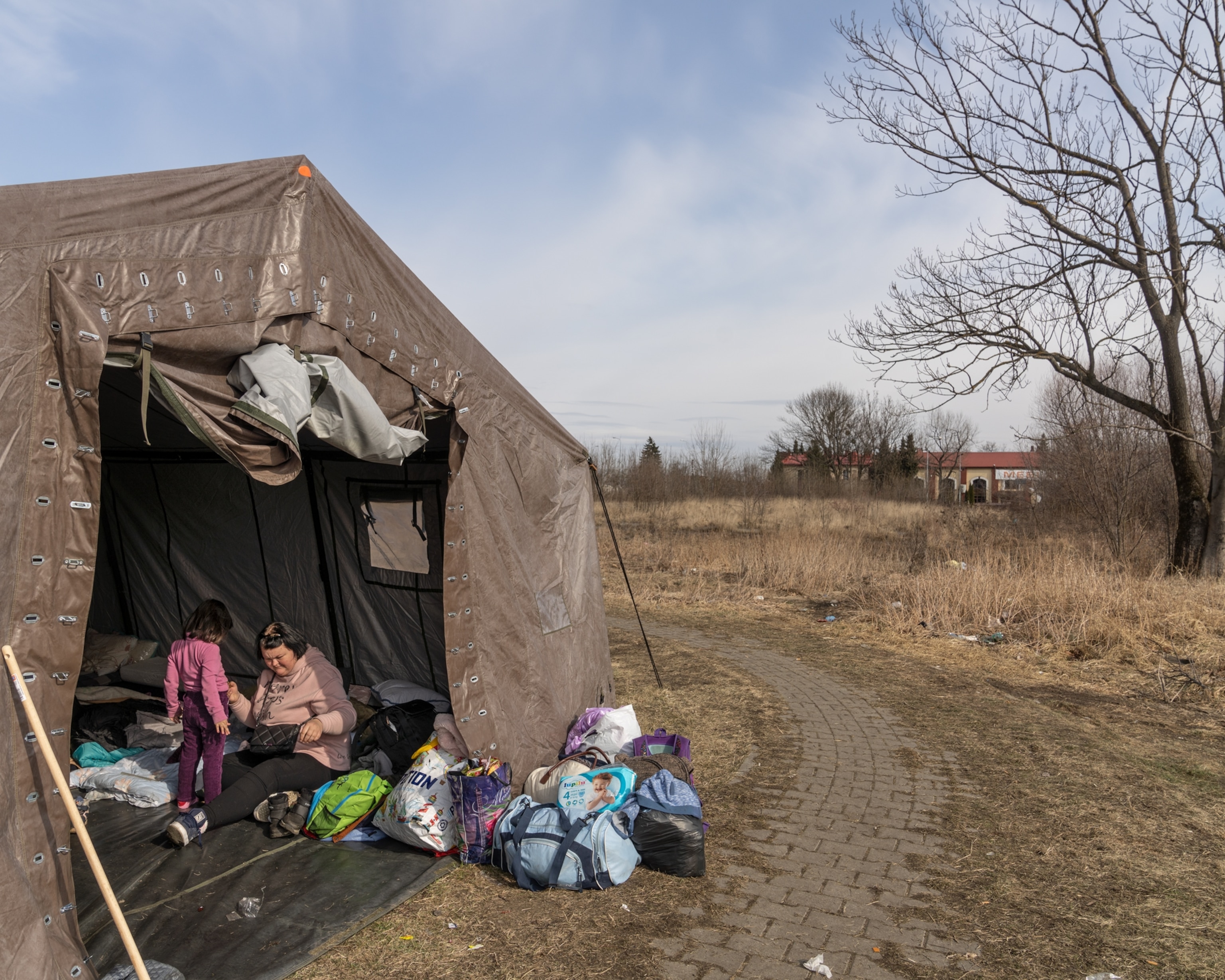
There were a million people, the station was so crowded we couldn’t move. It was a great horror. Tears like hail.Anna Bianova
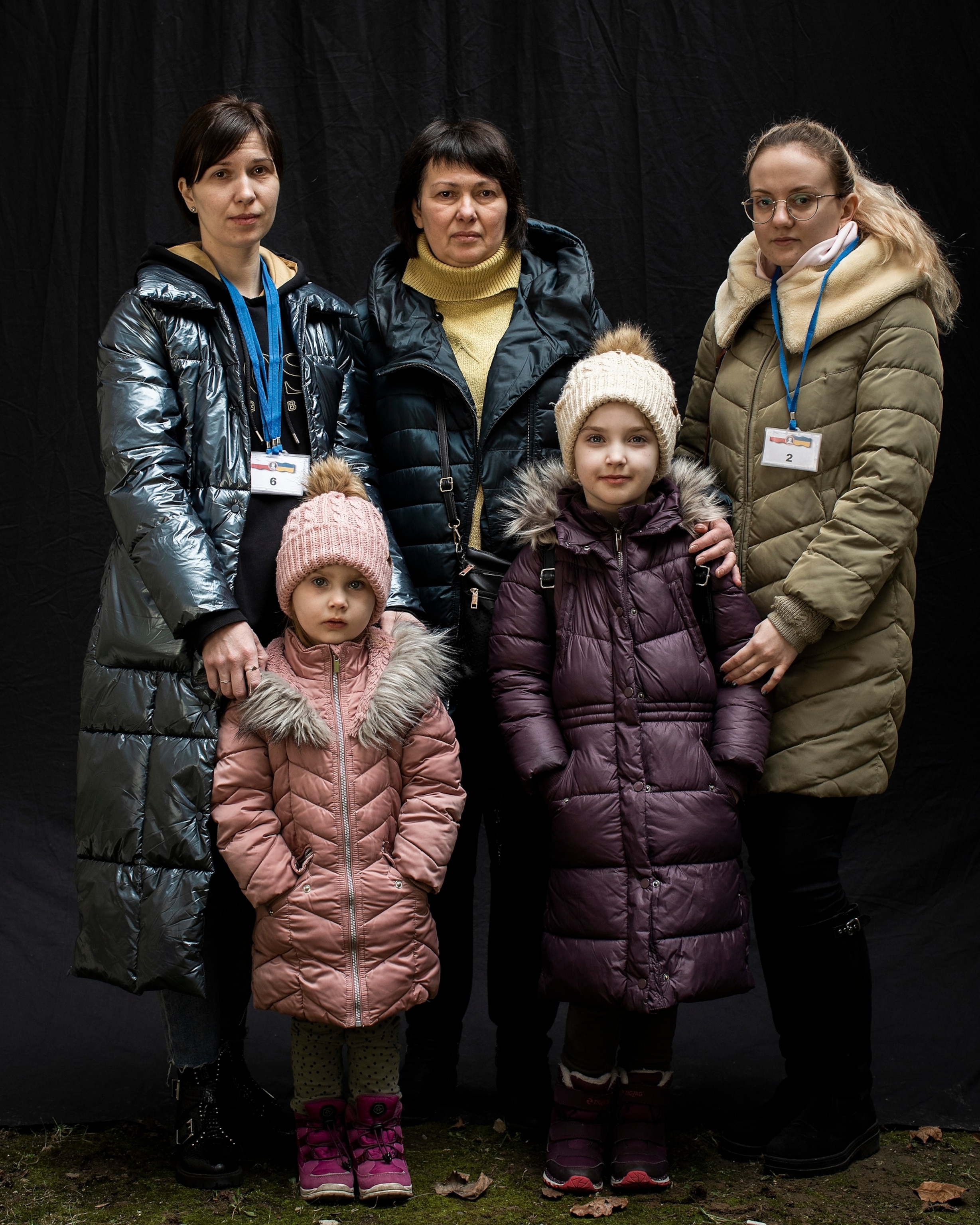

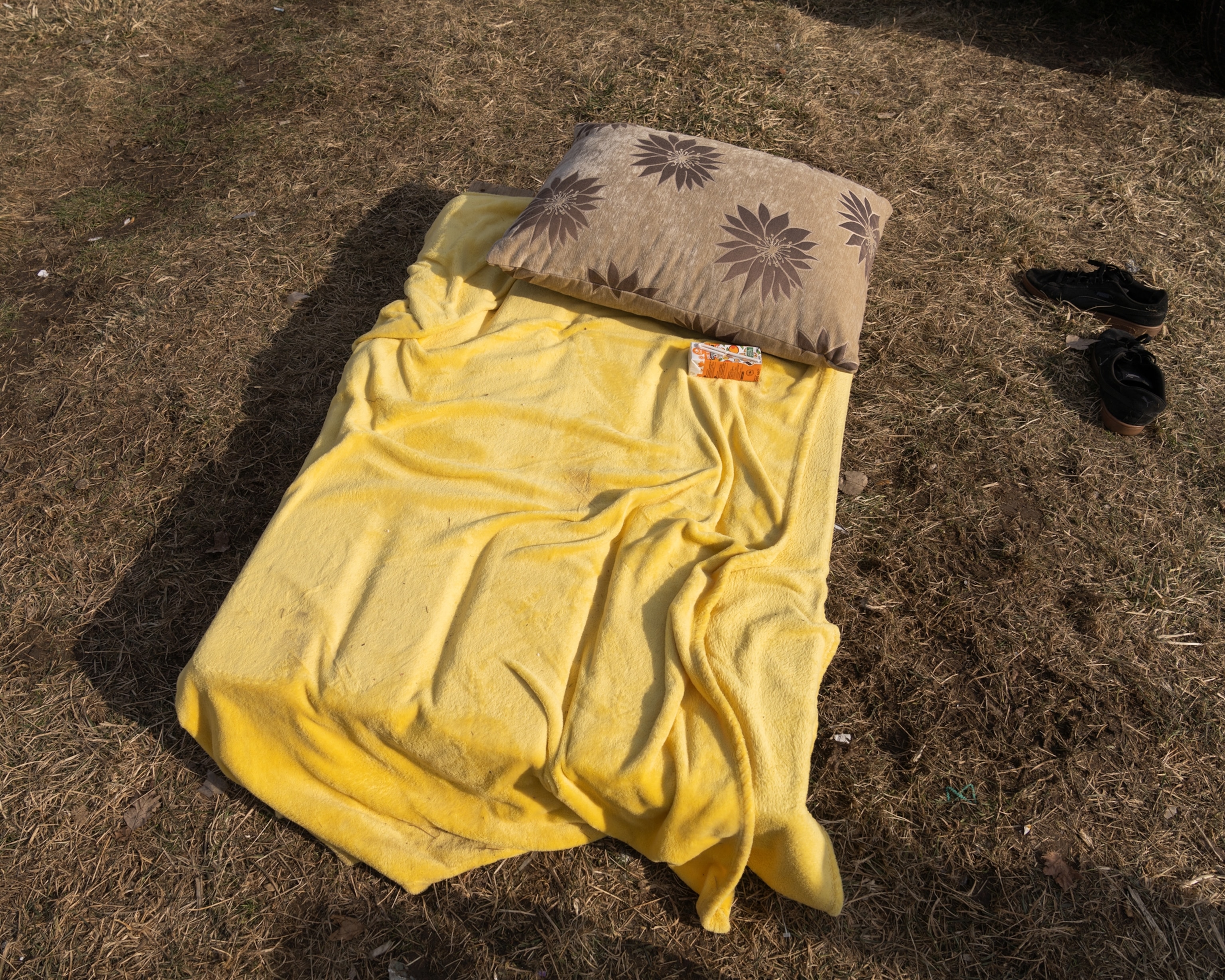
It was so scary when the first bombs exploded.Ludmyla Tkachenko
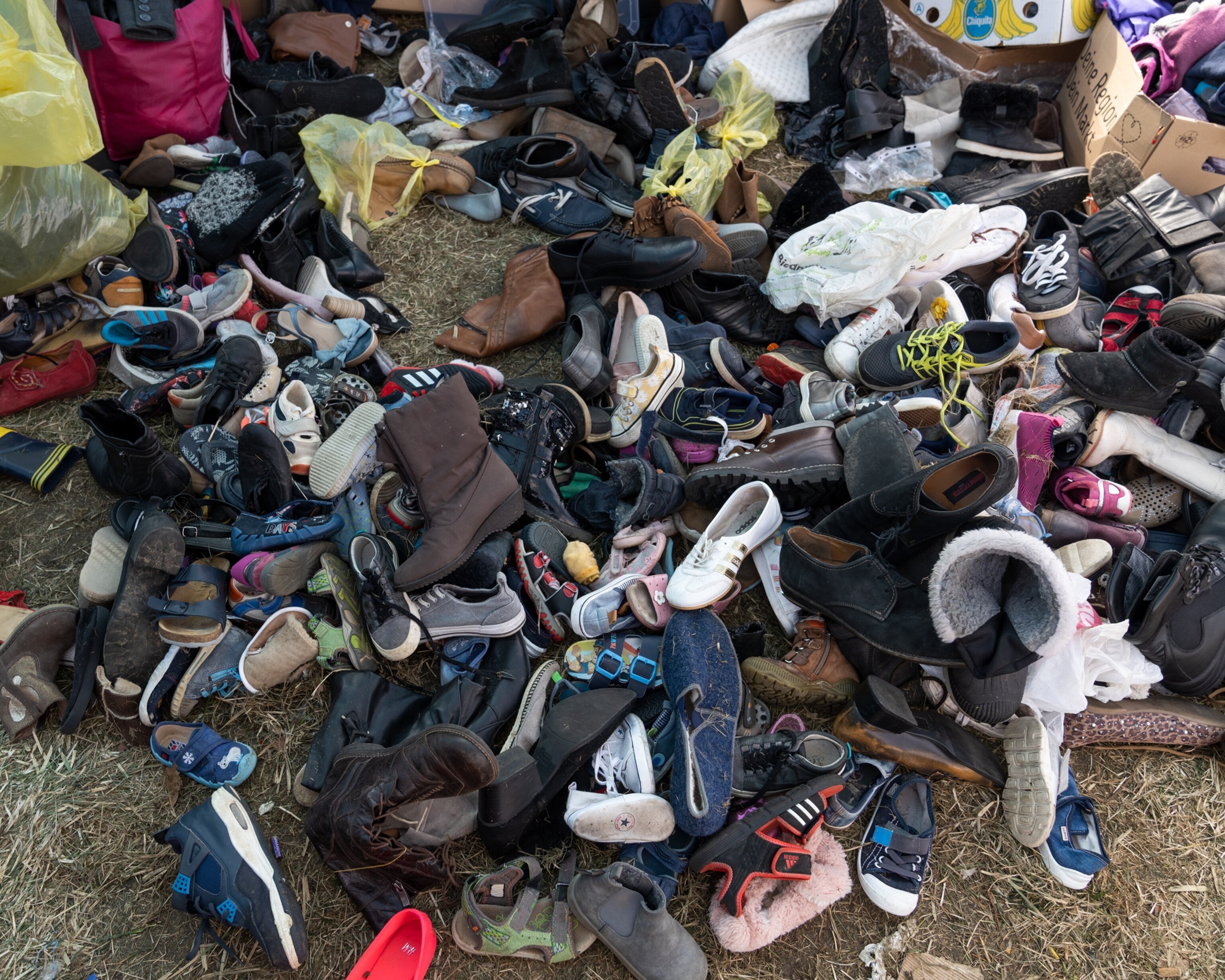
We were born in Ukraine and we love our motherland. It’s a beautiful country. God gave it everything: forests, fields … my precious fields.Ludmyla Kuchebko
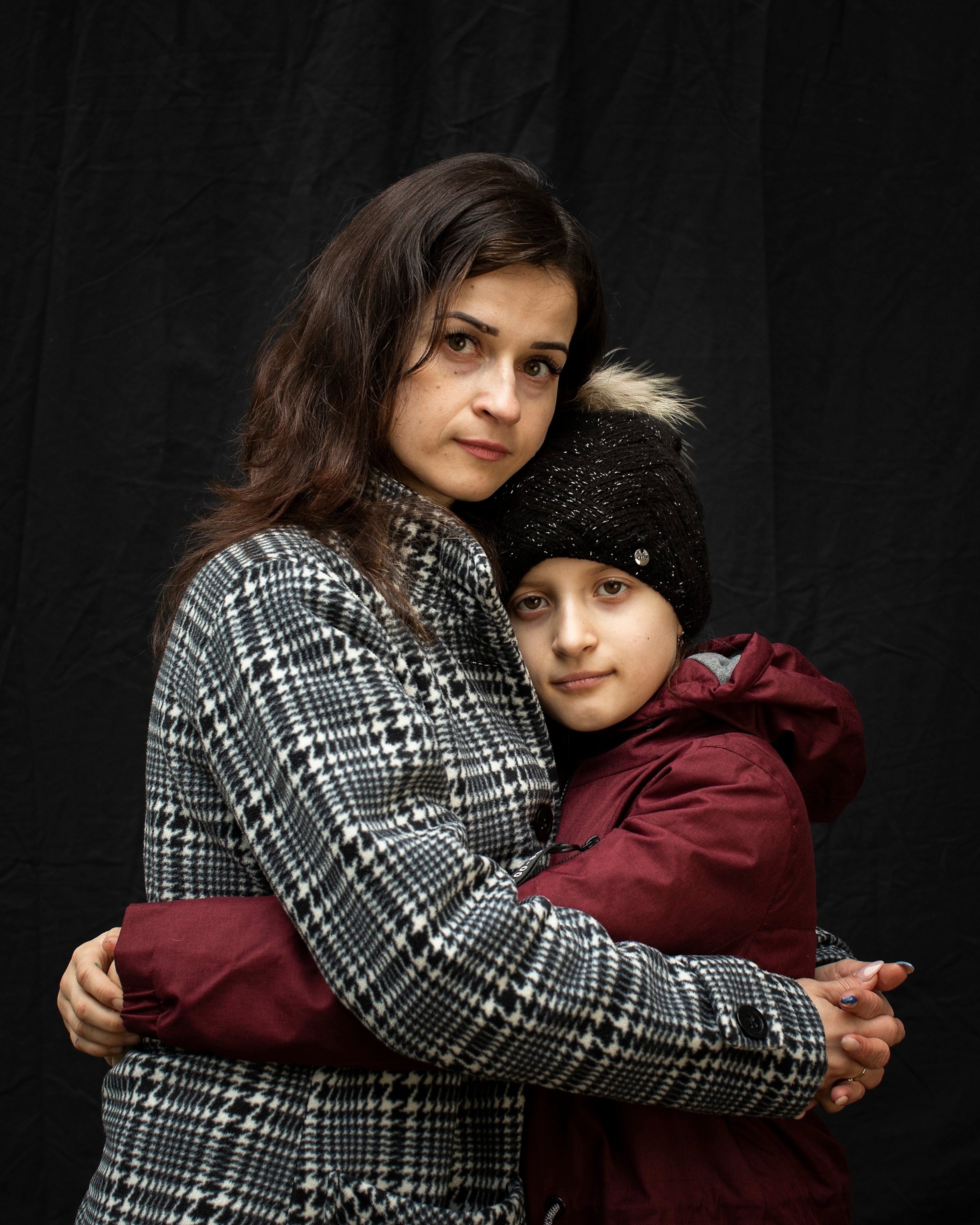
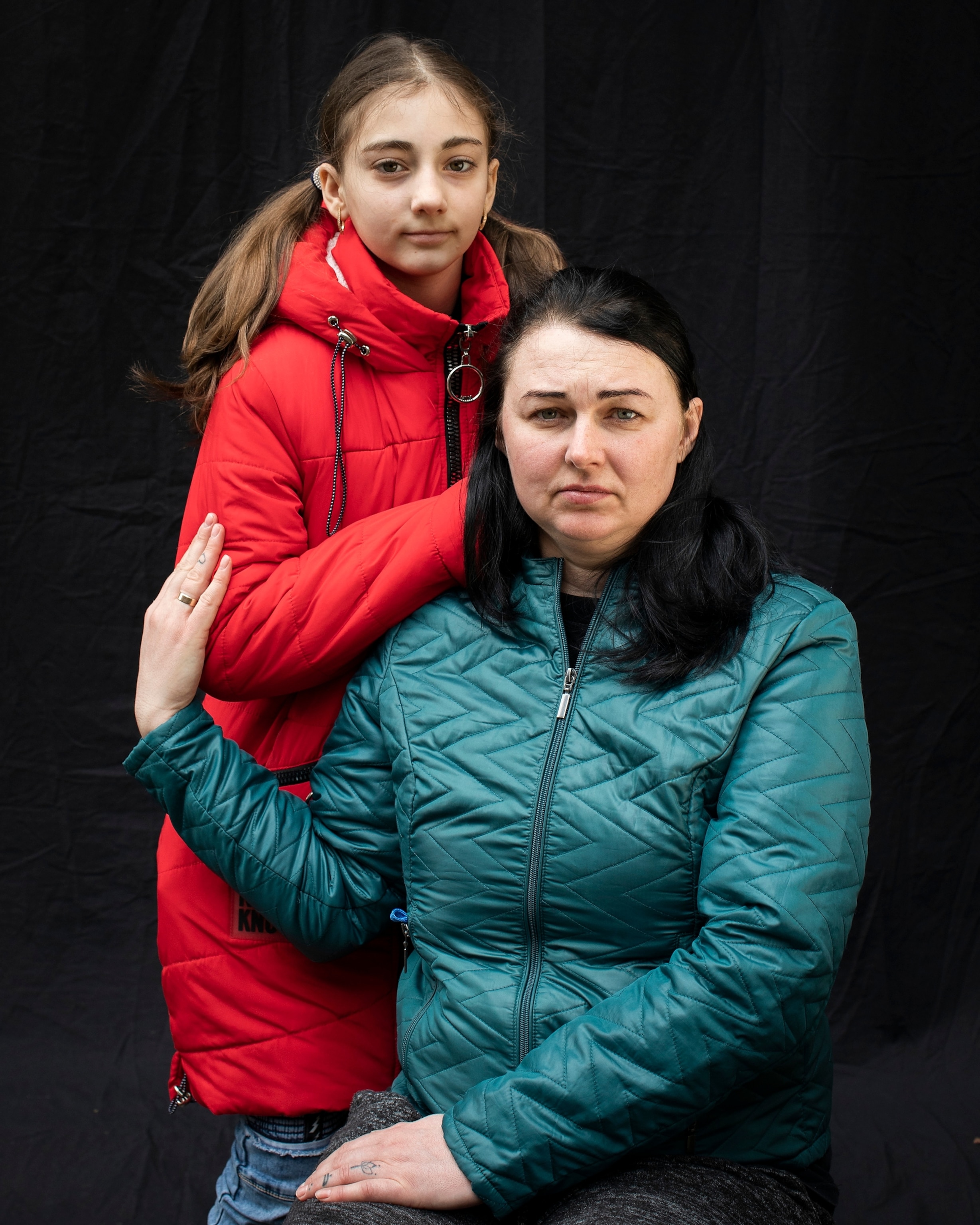

We don’t need much. A warm corner is enough.Lidiya Ivanenko
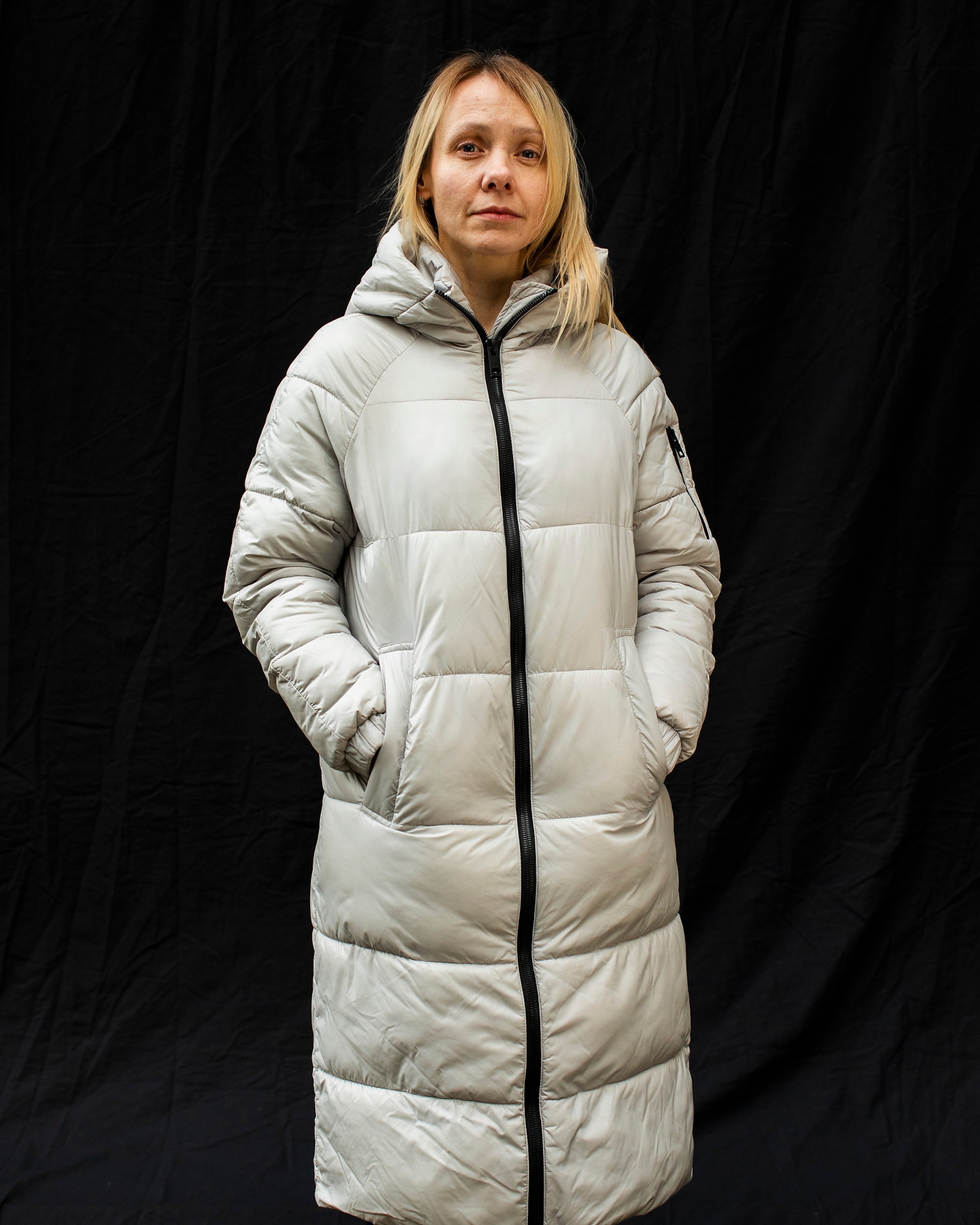
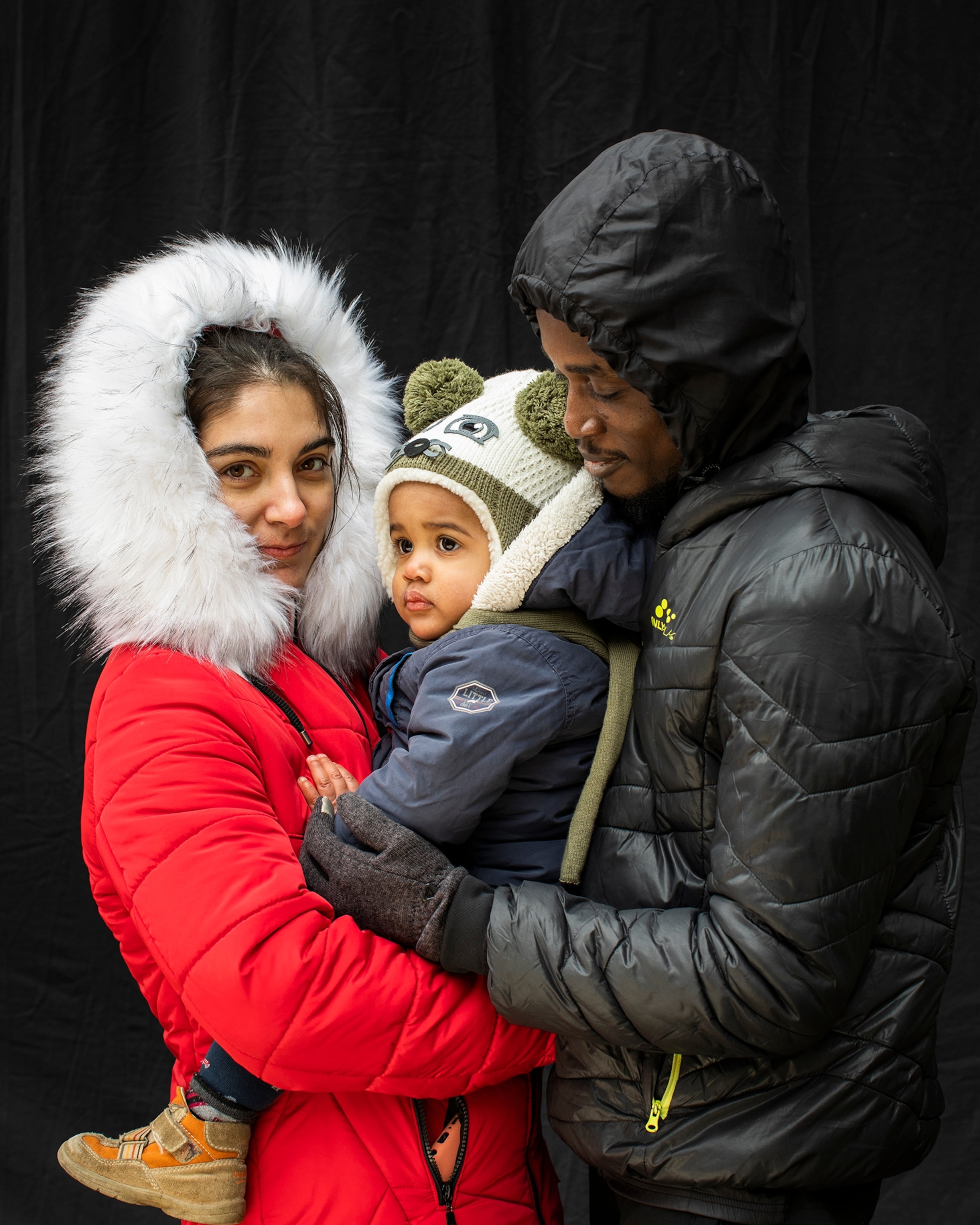
Alice Aedy is a documentary photographer and filmmaker whose work focuses on social justice issues including forced migration, climate justice, and women’s stories.
Davide Monteleone is a photographer, visual artist, and National Geographic Explorer with a particular interest in post-Soviet countries. The National Geographic Society, committed to illuminating and protecting the wonder of our world, has funded Monteleone’s work. See more on his website.
Petro Halaburda, a Ukrainian film production student based in Warsaw, Poland, provided field assistance and translation.